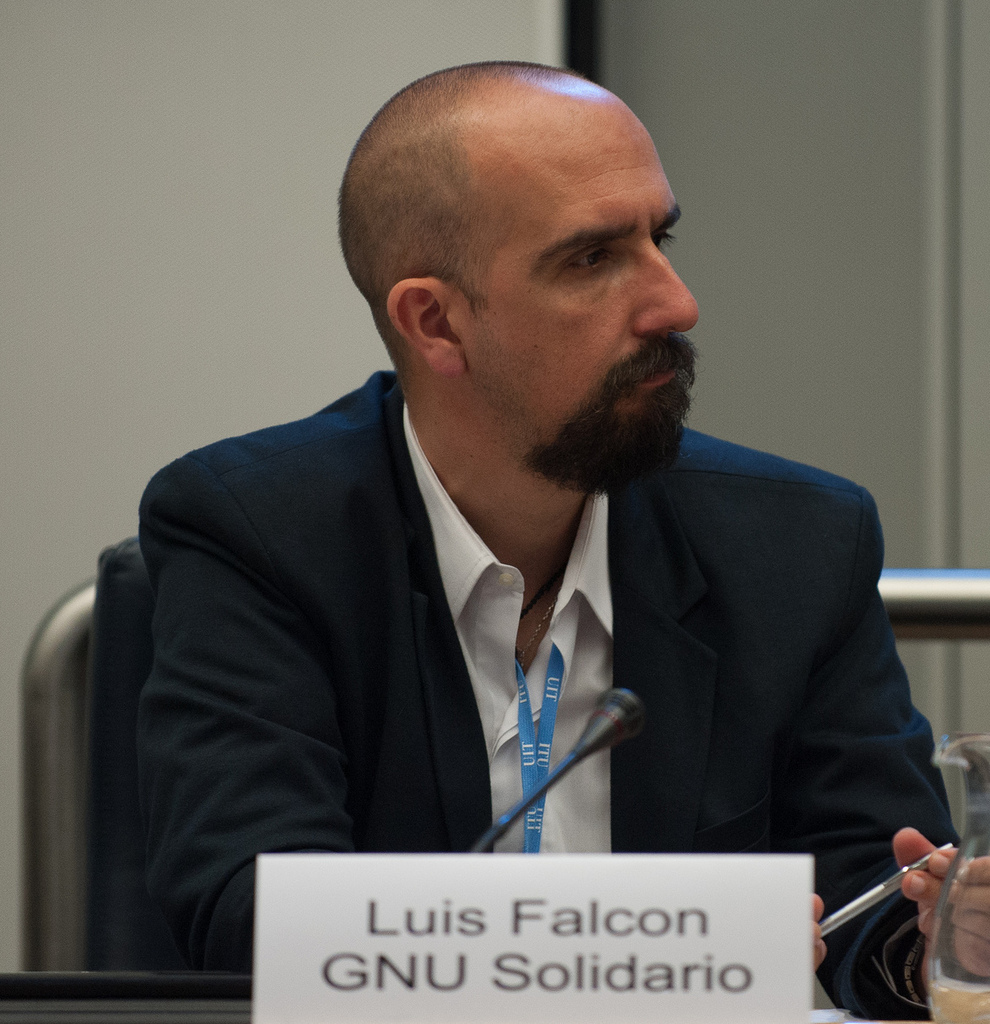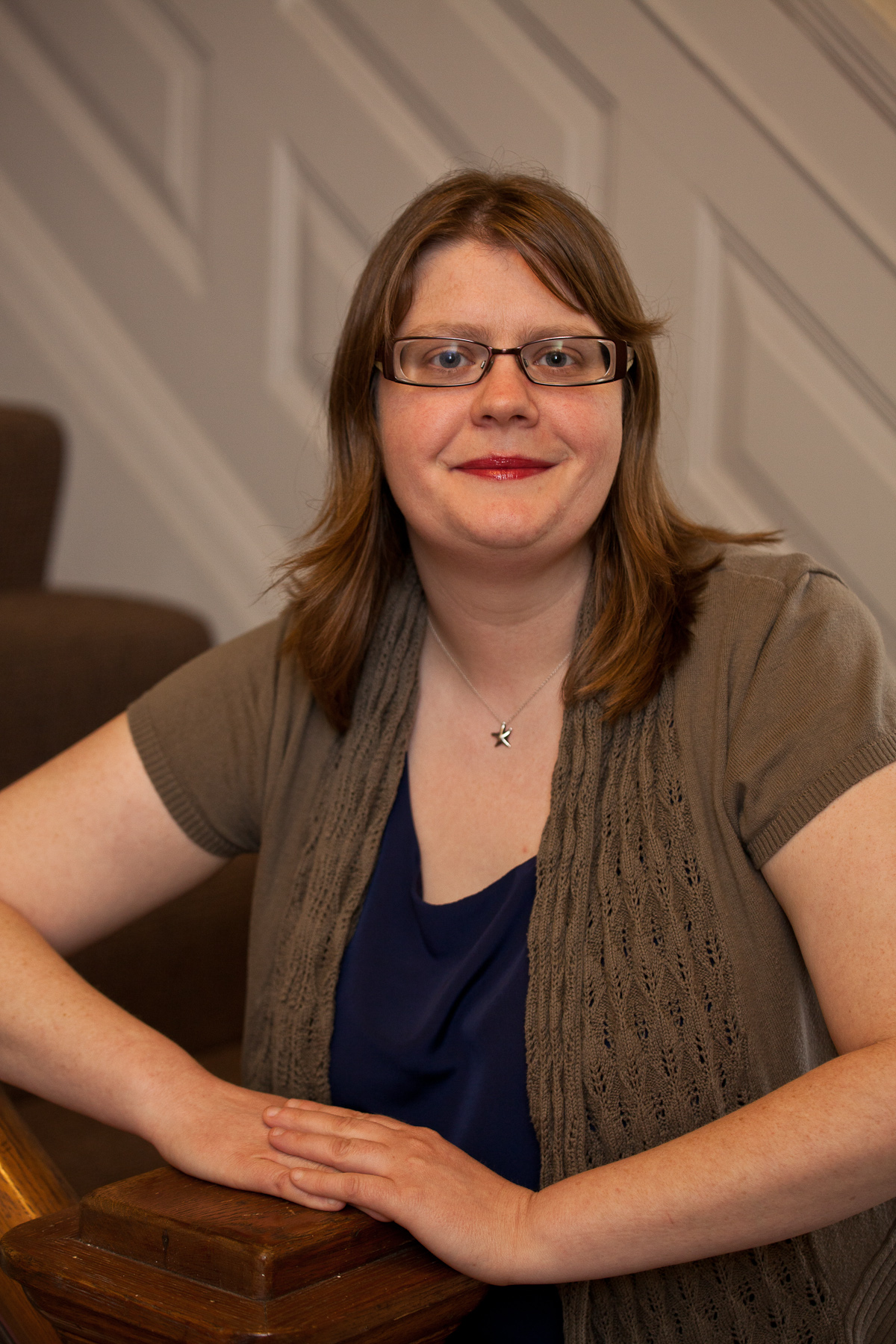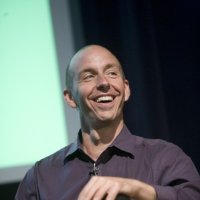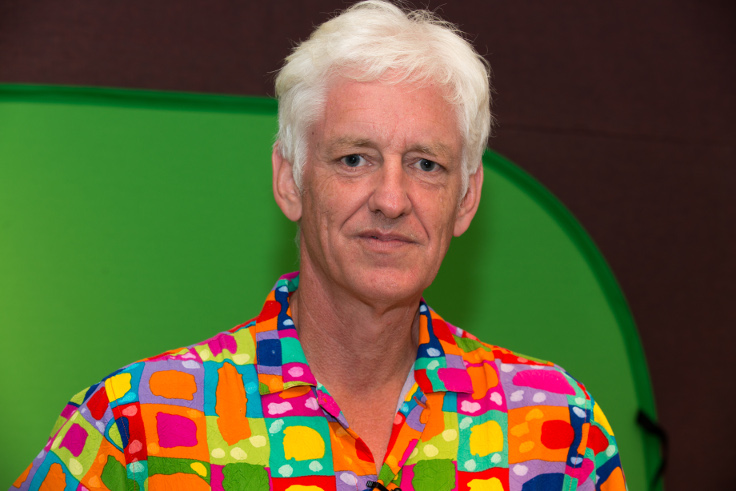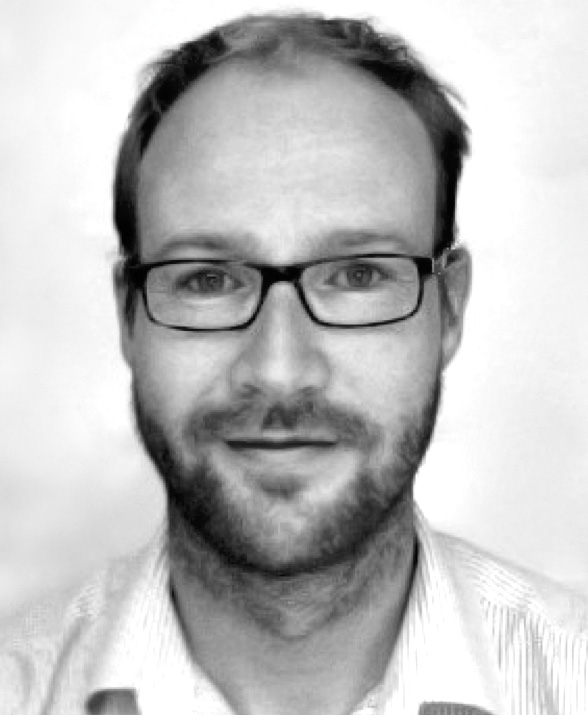Ina Schieferdecker of Fraunhofer FOKUS (Berlin), will be presenting the following keynote at OpenSym 2016:
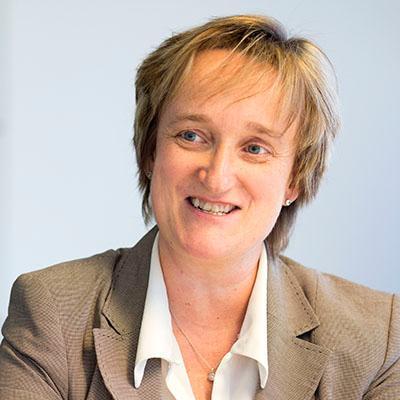
Title: Urban Data Platforms – An Overview
Abstract: Along the increasing digitization and interconnection in almost every domain in society or business, data is growing exponentially. It is expected that the worldwide Internet traffic will triple until 2020 in comparison to 2015. In the same time, the transmitted data volume will move from 53,2 Exabytes per months to 161 Exabytes per months [Cisco, 2016]. Cities and communities can support the provisioning and usage of urban data and benefit from resulting new services for the monitoring, understanding, decision making, steering, and control. Providing urban data is also supported by the ongoing movement of opening governmental data, but goes beyond. Urban data can include data from public, industrial, scientific or private sources. Yet, the design of urban data is still ongoing and numerous initiatives and standardization efforts on smart cities and communities put the grounds for the uptake and interoperability of urban data.
Speaker’s Biography: Prof. Dr.-Ing. Ina Schieferdecker is Director of Fraunhofer FOKUS, Berlin, coordinates Open Data and ICT for Smart Cities at that institute and is also professor for Model-Driven Engineering and Quality Assurance of Software-Based Systems at Freie Universität Berlin. Her research interests include urban data platforms, critical infrastructures, networking, conformance, interoperability, security and certification. Schieferdecker received a PhD in electrical engineering from Technical University Berlin. She is President of the ASQF and member of the German Academy of Science and Engineering (acatech), IEEE, ACM, and GI. She is member of the Nationale Plattform Zukunftsstadt, of the acatech Working Group Stadt der Zukunft, of the Smart City Network Berlin and of Fraunhofer Morgenstadt.
This contribution to OpenSym 2016 will be made available as part of the OpenSym 2016 proceedings on or after August 17, 2016.

